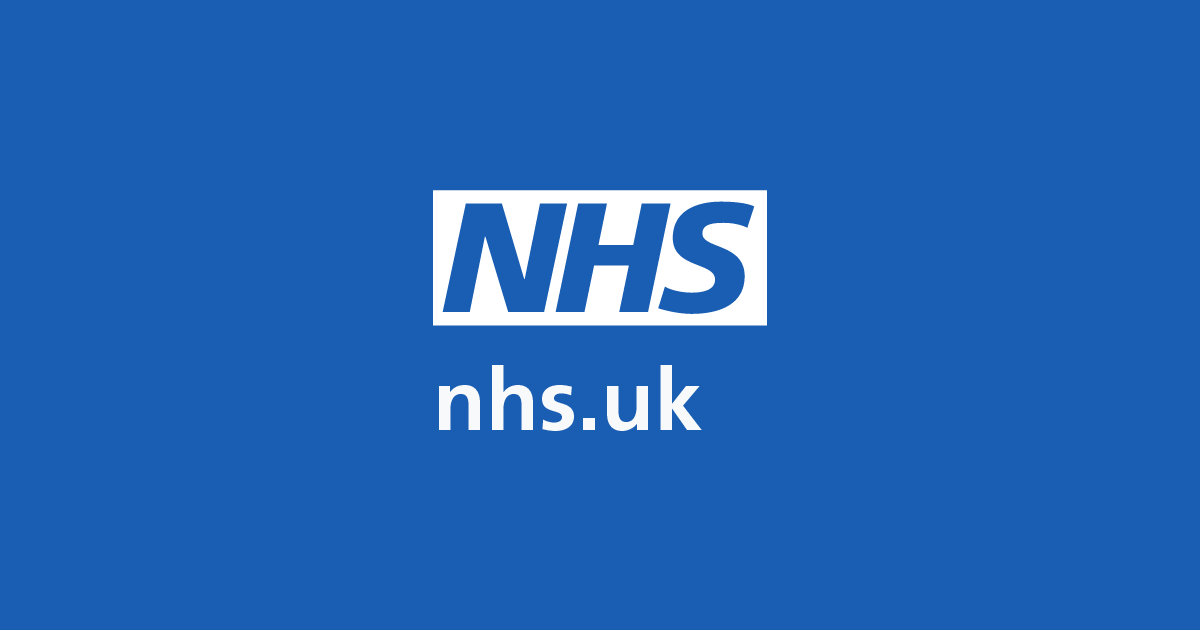Sorry I'm back again all doom and gloom.
I've realised my diagnosis is making me depressed so I am going to seek help but in the meantime how are we supposed to live a normal life?
Everything opening back up with covid I've been invited so many places all involving meals out and or drinks. Now in context I'm not a drinker every week but I do like a few when I'm out. Also all the meals are at restaurants that do amazing food but all high carb. How am I supposed to live a normal life and not feel excluded or different when I cant say yes to any of these things as they are all a week after each other? I'm having to explain myself at work all the time refusing treats when people bring them in. Im mourning my weekly takeaway. I'm literally getting lower and lower every day.
Now I know from this I sound very unhealthy but I did eat well in the week, I exercise a lot and I'm slim so when it came to the weekends I did let myself go and have what i wanted.
I've just had my apt with the dietician and shes not advocating high fat, low carb at all either. I'm just so confused and its messing with my head. My bloods were down from 75 (they told me 89 originally as well) to 66 after 2 weeks but I'm been so strict I feel like I have no life. I'm an accountant so numbers are my thing so I am becoming a little obsessed with the monitor and keeping it below 8.5 after meals.
Is it normal to feel this low after diagnosis as I feel like I'll never be happy again.
I've realised my diagnosis is making me depressed so I am going to seek help but in the meantime how are we supposed to live a normal life?
Everything opening back up with covid I've been invited so many places all involving meals out and or drinks. Now in context I'm not a drinker every week but I do like a few when I'm out. Also all the meals are at restaurants that do amazing food but all high carb. How am I supposed to live a normal life and not feel excluded or different when I cant say yes to any of these things as they are all a week after each other? I'm having to explain myself at work all the time refusing treats when people bring them in. Im mourning my weekly takeaway. I'm literally getting lower and lower every day.
Now I know from this I sound very unhealthy but I did eat well in the week, I exercise a lot and I'm slim so when it came to the weekends I did let myself go and have what i wanted.
I've just had my apt with the dietician and shes not advocating high fat, low carb at all either. I'm just so confused and its messing with my head. My bloods were down from 75 (they told me 89 originally as well) to 66 after 2 weeks but I'm been so strict I feel like I have no life. I'm an accountant so numbers are my thing so I am becoming a little obsessed with the monitor and keeping it below 8.5 after meals.
Is it normal to feel this low after diagnosis as I feel like I'll never be happy again.

